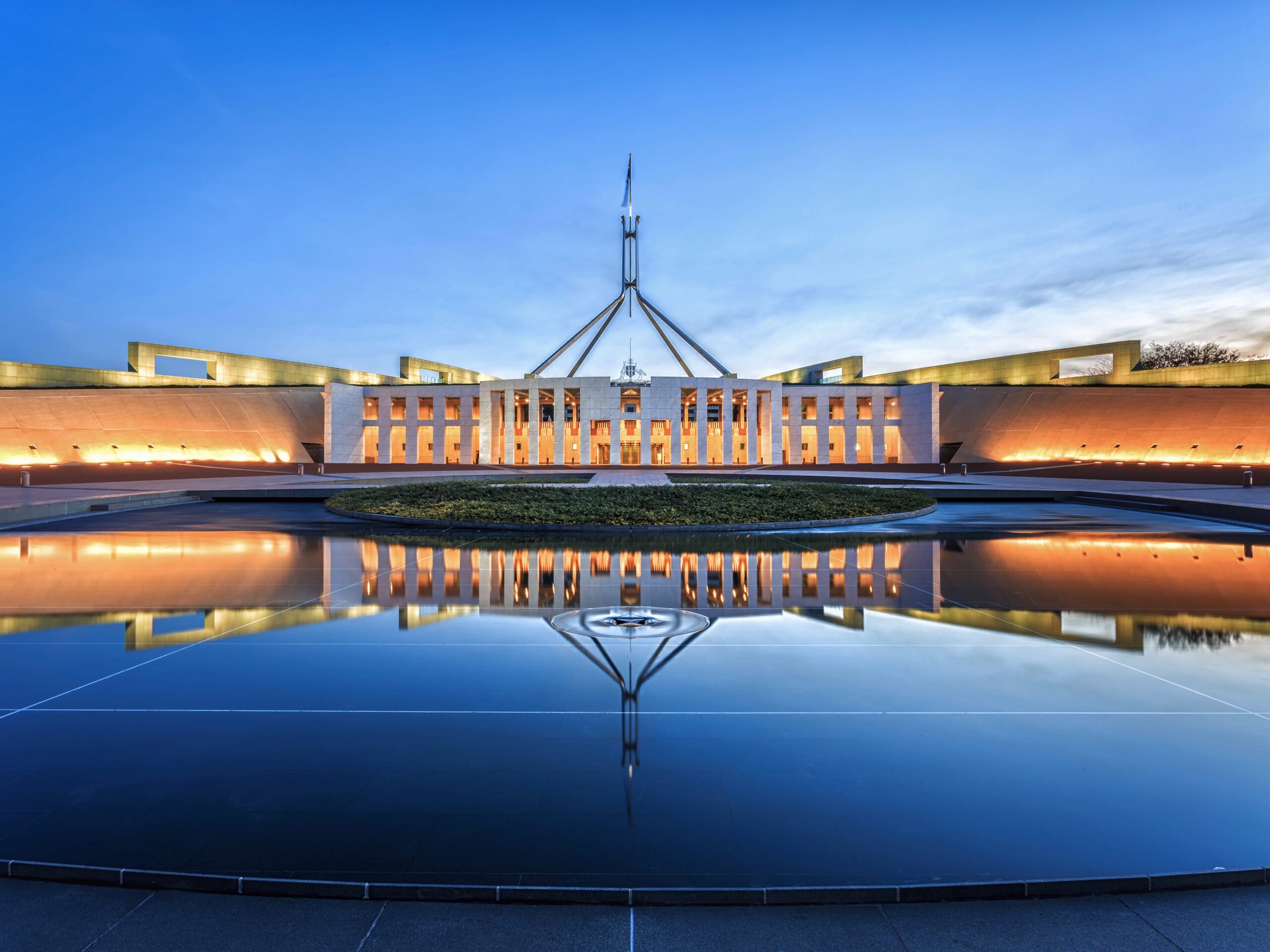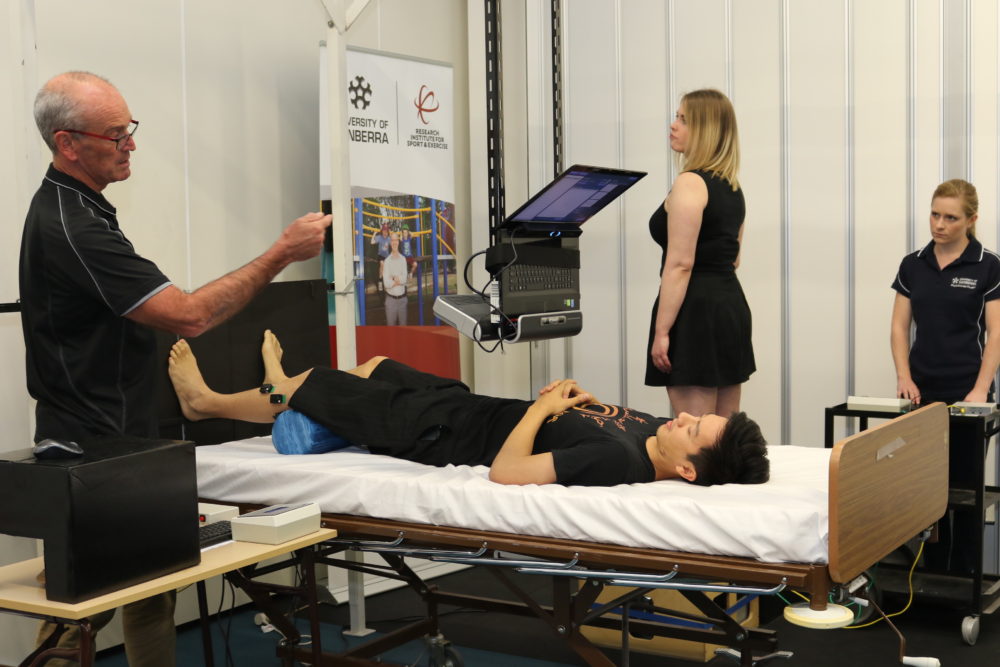Research Australia welcomes the report of the Senate Inquiry into Menopause and perimenopause, tabled 18 September. Our submission was referenced a number of times in the Inquiry’s report, where a number of our concerns and recommendations were specifically highlighted throughout the report and in the recommendations. These include the need for better understanding of the diversity of symptoms which impact women’s lives differently; the lack of robust data; the diverse experiences of different groups within Australia (such as First Nations women or women from culturally and linguistically diverse backgrounds), and experiences of intersectional discrimination.
The report also acknowledged the need for a strategic approach to menopause research to guide the ‘prevention, diagnosis and effective treatment of the symptoms of menopause and perimenopause and provide appropriate support’, which needs appropriate funding investment. We acknowledge the contributions made to the submission by our members, particularly, Professor Debra Anderson UTS and Dr Yvonne Middlewick, Curtin ECU.
Research Australia continues to be committed to advocating for women’s health research. Earlier this year we released a survey to members, and during the next few months we are looking forward to undertaking further consultations with members to inform this work.
——
Research Australia has responded to the Senate Inquiry into issues related to perimenopause and menopause.
Our submission identifies areas in which further research into perimenopause and menopause is required; and where research is needed to improve the understanding of existing evidence on menopause and perimenopause among the medical community, individuals, employers and disadvantaged populations.
Our current knowledge of the symptoms of perimenopause and menopause and their prevalence and impact in the Australian community and economy is patchy. This lack of evidence is impairing the response to perimenopause and menopause in Australia. We recommend a more strategic approach to the funding of research into menopause and perimenopause in Australia to address these gaps.
Research Australia’s submission is available here.








